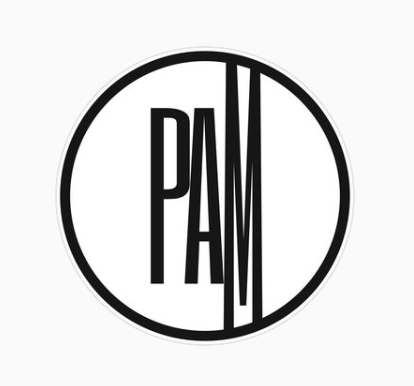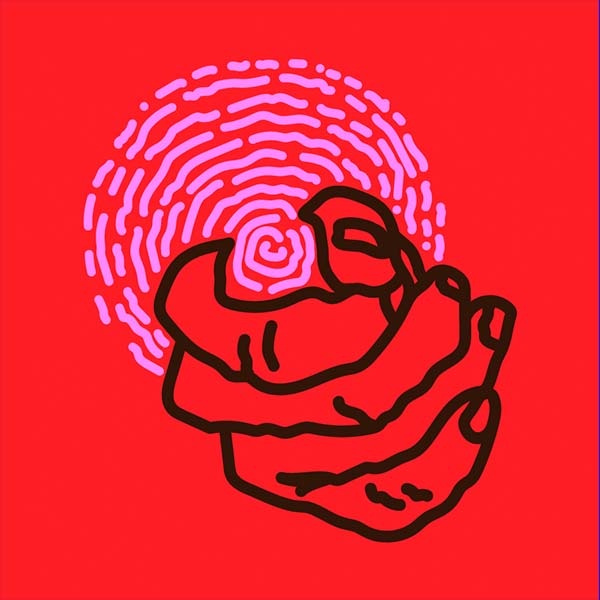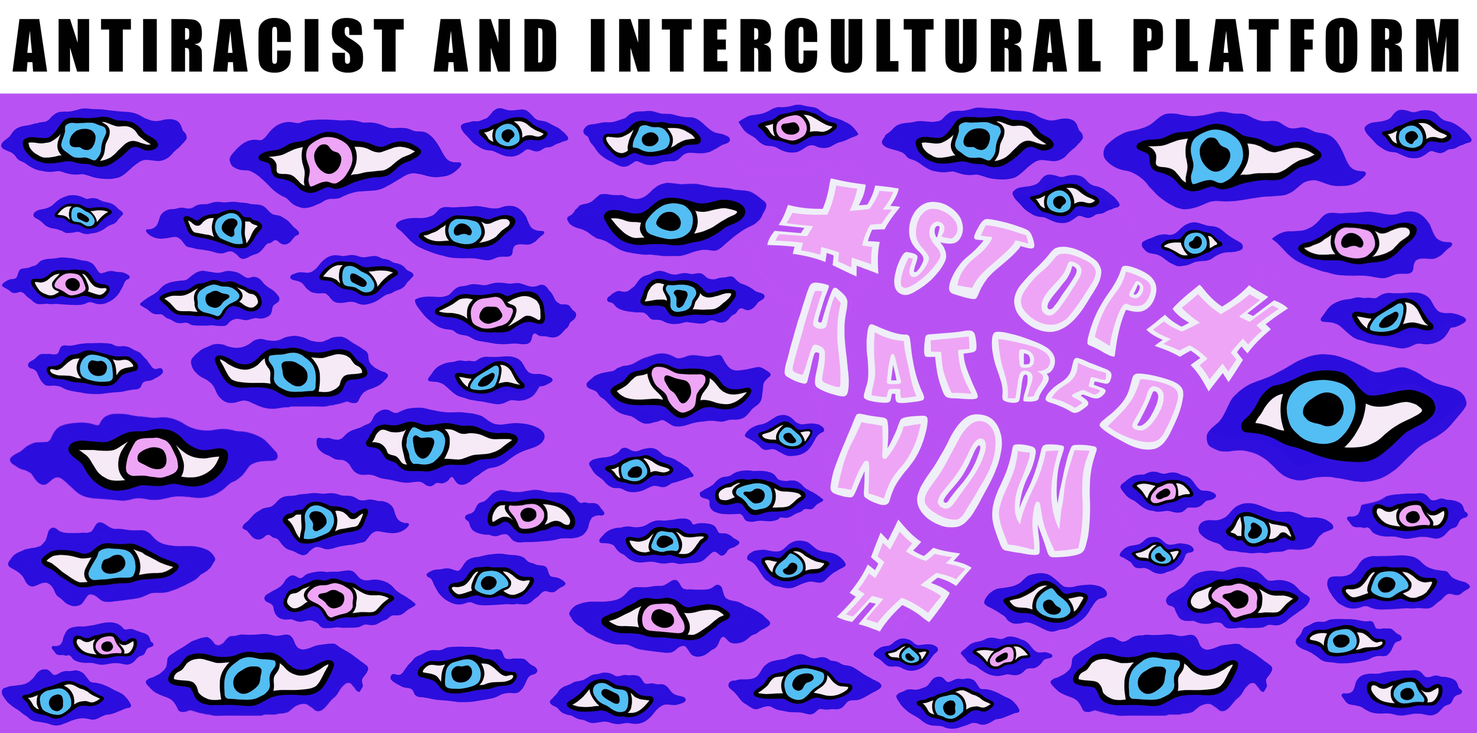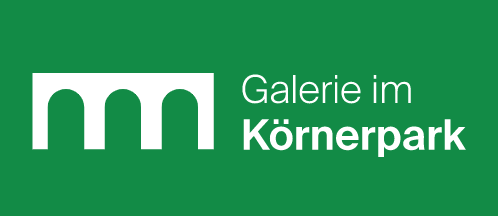Collaboration partners

https://www.pamsthlm.se/
PAM is a nomadic, curatorial platform for experimental publishing, art, and movement-based practices.
PAM operates in different locations, spaces, and constellations – as a library, publisher, and organizer.
Through cross-disciplinary projects, publications, workshops, readings and other artistic and discursive program formats, PAM strives to nurture alternative modes of disseminating movement-based art practices.
PAM is an independent, non-profit organization based in Stockholm, initiated by Izabella Borzecka.
PAM is currently supported by the Swedish Arts Council, Kulturbryggan, Nordic Culture Fund, and Ideell Kulturallians.

https://www.decolonialartarchives.com/
Decolonial Art Archives – an on- and offline platform curated by Kathy-Ann Tan that strives to collaboratively build a forum for artists, curators and cultural workers to develop ways of interrogating colonial narratives in the arts and cultures and beyond.
It is based in Berlin but reaches beyond the bubble of Berlin’s art and cultural scenes to connect with the works, projects, life experiences and knowledge archives of those working hard around the world to dismantle the structures of white supremacy and extractive racial capitalism, particularly in the way that BIPoC knowledges and narratives are tokenized or instrumentalized.

https://urbanapa.fi/
Founded in 2009 by choreographer Sonya Lindfors, UrbanApa is an anti-racist and feminist art community that acts as a platform for art events, new ways of doing, and discourses that centre on art.
The community has been managed by UTT ry association since 2011.
UrbanApa organizes events, performances, arts incubators, clubs, music festivals, site specific works and workshops. The community’s goal is to employ artists and to create a platform for new artistic events and meetings.
UrbanApa’s values include communality, intersectional feminism, decolonialism, inclusivity, equality, softness, play and joy. The community strives to look into the future, to re-think the kind of art that could and should be done.

https://www.solidaritaet-am-theater.org/
The initiative for solidarity at the theater was based on the need to make various experiences of discrimination within the theater systems in German-speaking countries visible and to unite and consolidate the struggles that are being waged in many places.
We want to initiate transformation processes and make the theater systems more accessible and fairer.
For us, the greatest paradox of the German-speaking cultural scene is that although the artistic side deals critically with exploitative processes, they are reproduced in their own structures.
We want to change that and are aiming for a new work culture and work ethic.

https://netzwerkstrongertogether.de/
#StrongerTogether are the MULTITUDE Festival for feminist and intersectional solidarity (Hannover), 13°Festival (Bremen), Nocturnal Unrest - a feminist festival for theory, performance and radical flâneuserie (Frankfurt) and the CLINCH Festival for postcolonial and (post)migrant perspectives (Hanover). #strongertogether offers a workshop week. #staystrong #statuned #stayfeminist
Galerie im Körnerpark, Neukölln’s first municipal gallery, opened its doors to national and international artists in 1983. Today, it is one of the most renowned exhibition venues for contemporary art in Berlin. The neo-baroque Orangery, with its large arcade windows, is an ideal location for artistic experiments that open up new spaces of experience for visitors. Art unfolds expansively in the long, narrow building, at times reaching up to the six-metre-high ceiling. The wide range of exhibitions and events takes the cultural diversity of the district on board and brings together people with very diverse backgrounds.
As well as exhibitions, exciting workshops are held at Young Arts Körnerpark where children and young people can discover art and link it to their own experiences.

http://www.rat-fuer-die-kuenste.de/
The Council for the Arts represents Berlin's culture as an elected independent body. The 24 members of the council include artists from well-known Berlin cultural institutions as well as freelance artists.
The Council for the Arts advises on all pending cultural issues, sees itself as a mediator between politics and cultural practice and provides impetus for future developments in the interest of culture in the city and the people living in it. The members of the council make daily local decisions about the cultural future of the city of Berlin.
The Council for the Arts does not see culture as a decorative addition, but as a training center for the degree of socialization in society. Its self-organization enables a versatile, coordinated, fast reaction. Politicians and those responsible in government and administration see him as a dialogue partner for the interests of cultural institutions, cultural workers and artists.

https://diversity-arts-culture.berlin/en
To ensure that Berlin’s cultural sector better reflects the city’s diversity the Senate Department for Culture and Europe has created a design and consultation office for diversity development: Diversity Arts Culture was founded in April 2017. Its goal is encourage and support diversity-focused structural change within Berlin’s cultural sector. Until the end of 2018 Diversity Arts Culture was housed at the Kulturprojekte Berlin, since 2019 it is part of the Foundation for Cultural Education and Cultural Consultation.
Diversity Arts Culture was created with the support of various organizations and initiatives within the cultural sector. In 2010 the Rat für die Künste called for ”a cultural diversity fund to promote sustainable and innovative strategies, which develop audience and personnel”. Critical interventions such as Mind the Trap! – organized by the Network of Critical Cultural Practitioners – also paved the way for establishing Diversity Arts Culture, initially only known by its working title “Service Center for Diversity Development”.
What we do.
We offer consultations to cultural institutions on matters of diversity. We develop diversity training courses for art practitioners and offer support to artists and art practitioners who don’t have equal access to opportunities within the cultural sector. We also offer anti-discrimination consultation for artists and cultural workers who have experienced discrimination in the cultural sector. Moreover, we provide consultations on diversity to the Administration of Arts and Culture and commission data collection on equity in Berlin’s cultural sector.

https://www.stophatrednow.fi/
#StopHatredNow is an intercultural and anti-racist platform organised in collaboration with several art and intercultural organisations. The platform strives to create discourse and offers tools to create a more inclusive, diverse and feminist art field; inclusivity, diversity, non-discrimination, accessibility and social as well as ecological sustainability are issues that determine the future of every art and cultural institution.
#StopHatredNow is aimed at individual artists, cultural influencers, and institutions of art and culture, but anyone interested in the topics is welcome.

